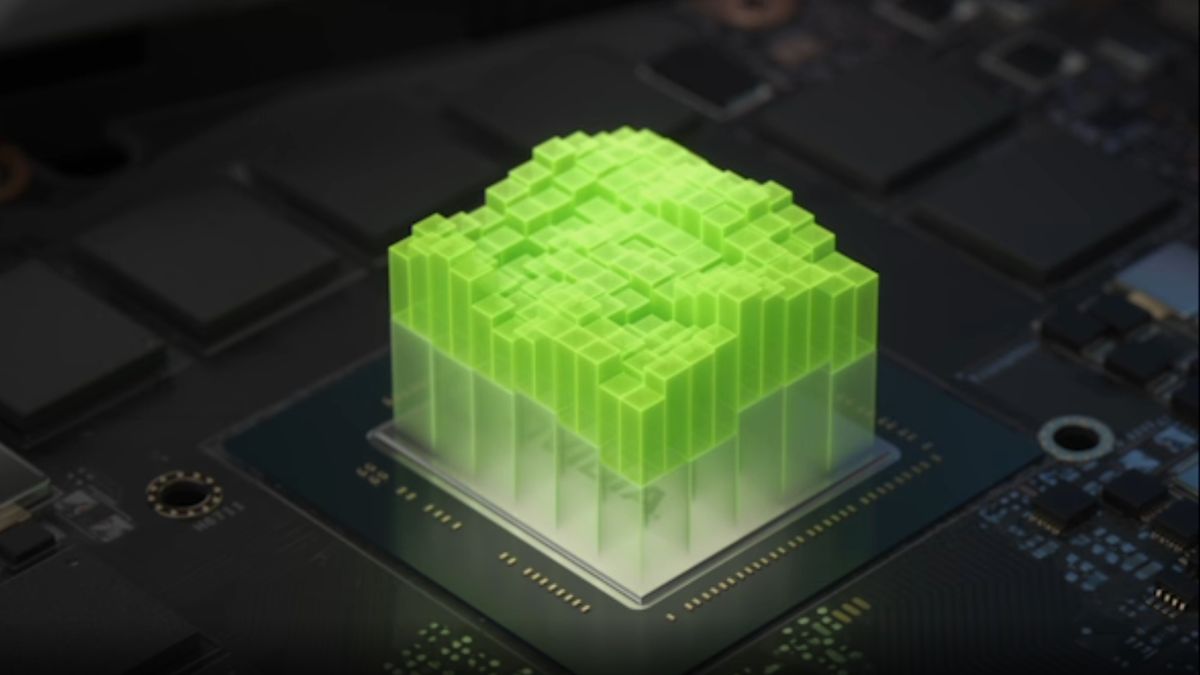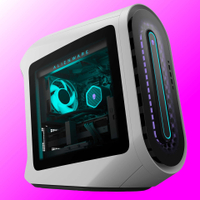Latency is the enemy of the competitive gamer. Those fractions of a second between spotting an enemy and landing a potentially game-winning shot can mean the difference between disgrace and adulation. So much so that those at the top of their game are willing to drop serious money on kit to make sure they’re not being held back by normal hardware. I’m talking low-latency ultra-lightweight mice, high-refresh monitors, and obviously, the best graphics cards money can buy.
That latter element certainly didn’t escape Nvidia’s eye. Not in a cynical, there’s-money-to-be-made-here sense, which obviously there is, but more in what it can do to measure latency and combat it. If it manages to offer something for competitive gamers over its AMD and Intel competitors, then I’m sure it doesn’t mind that either.
Nvidia has been working with game developers and released its Reflex SDK to help developers implement just-in-time rendering to help reduce latency. There are currently 35 games that support Reflex, with all the major competitive shooters already signed up. For most of these games, Reflex exists in the game settings as a toggle to help shave a few milliseconds off the overall latency experienced.
There is another way of improving your lot though, and that’s using upscaling technology. As Seth Schneider, Senior Product Manager at Nvidia, pointed out to us, “One of the lesser-known benefits of DLSS is that it reduces latency and increases responsiveness! By reducing the render resolution, the GPU can work on frames faster—ultimately increasing responsiveness by decreasing the frametime.”
So if you want to slash your latency, try turning on DLSS or FSR and see if it affects your K/D ratio. You could always just play at a lower resolution, but then you’ve got less information to work from, which isn’t always ideal.
In other news, a soon-to-be-released version of Nvidia Frameview will support measuring PC latency, so you’ll be able to get hard numbers on what a difference this can make. The games themselves need to support it, but Nvidia has already got a good selection of games signed up—being the major graphics card supplier has its perks, clearly.
Best gaming PC:
The top pre-built machines from the pros
Best gaming laptop:
Perfect notebooks for mobile gaming

